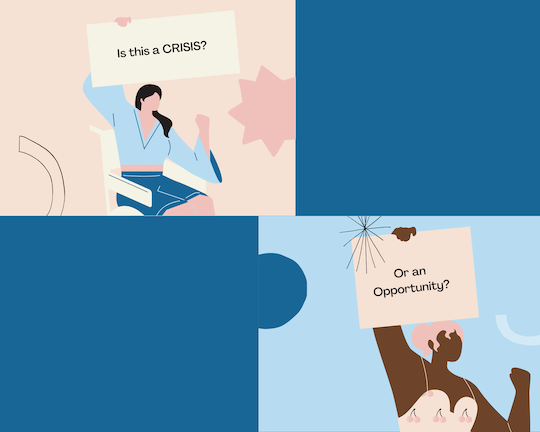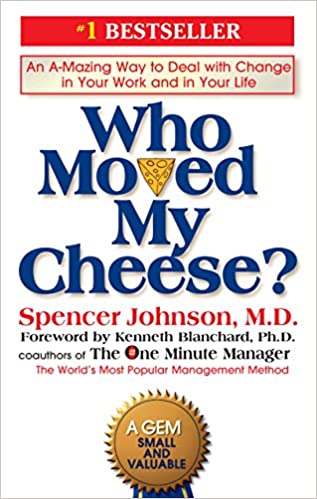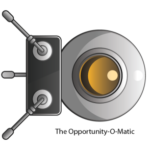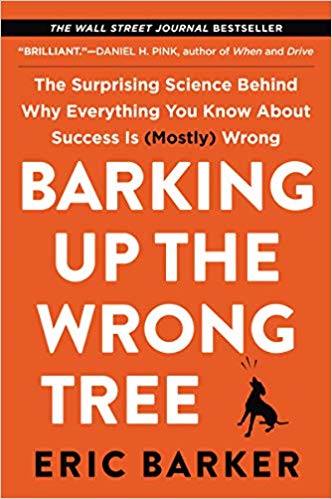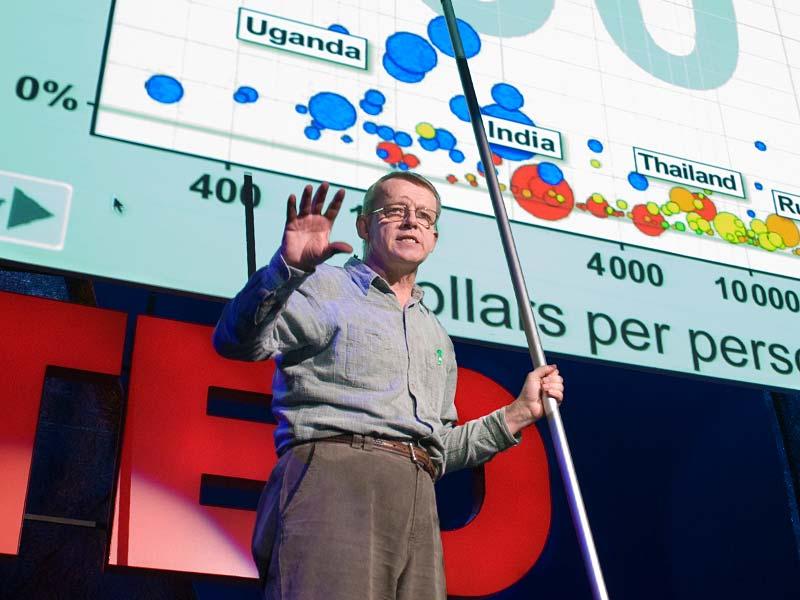“Don’t worry if you’re making waves just by being yourself. The moon does it all the time.”
—Scott Stabile, Inspirational self-help writer and speaker
Did you know that the moon only shows us one of its sides? Not until we sent spacecraft and men to orbit our neighbor did we see its other side.
Perhaps this is wise council for each of us as well. Being our true selves and showing the world who we are with all our impact craters may not be such a bad thing.
The moon has been tugging on us for billions of years. We were so fascinated by its pull we decided to visit it in the 60’s and early 70’s, and plan to return in the coming years.
EXERCISE:
How can living true to your nature—even if it makes a few waves—attract the people and opportunities you most desire?




